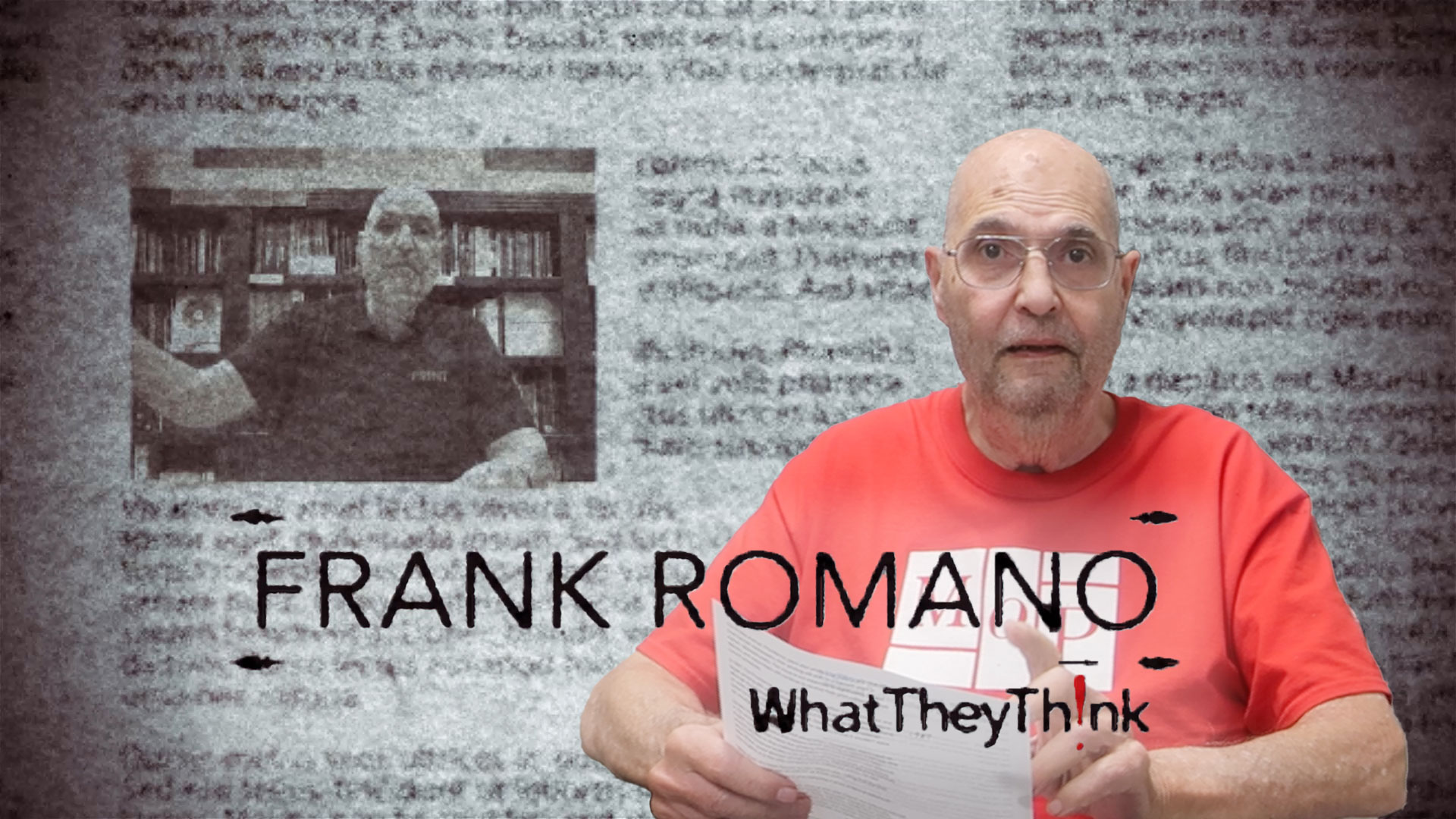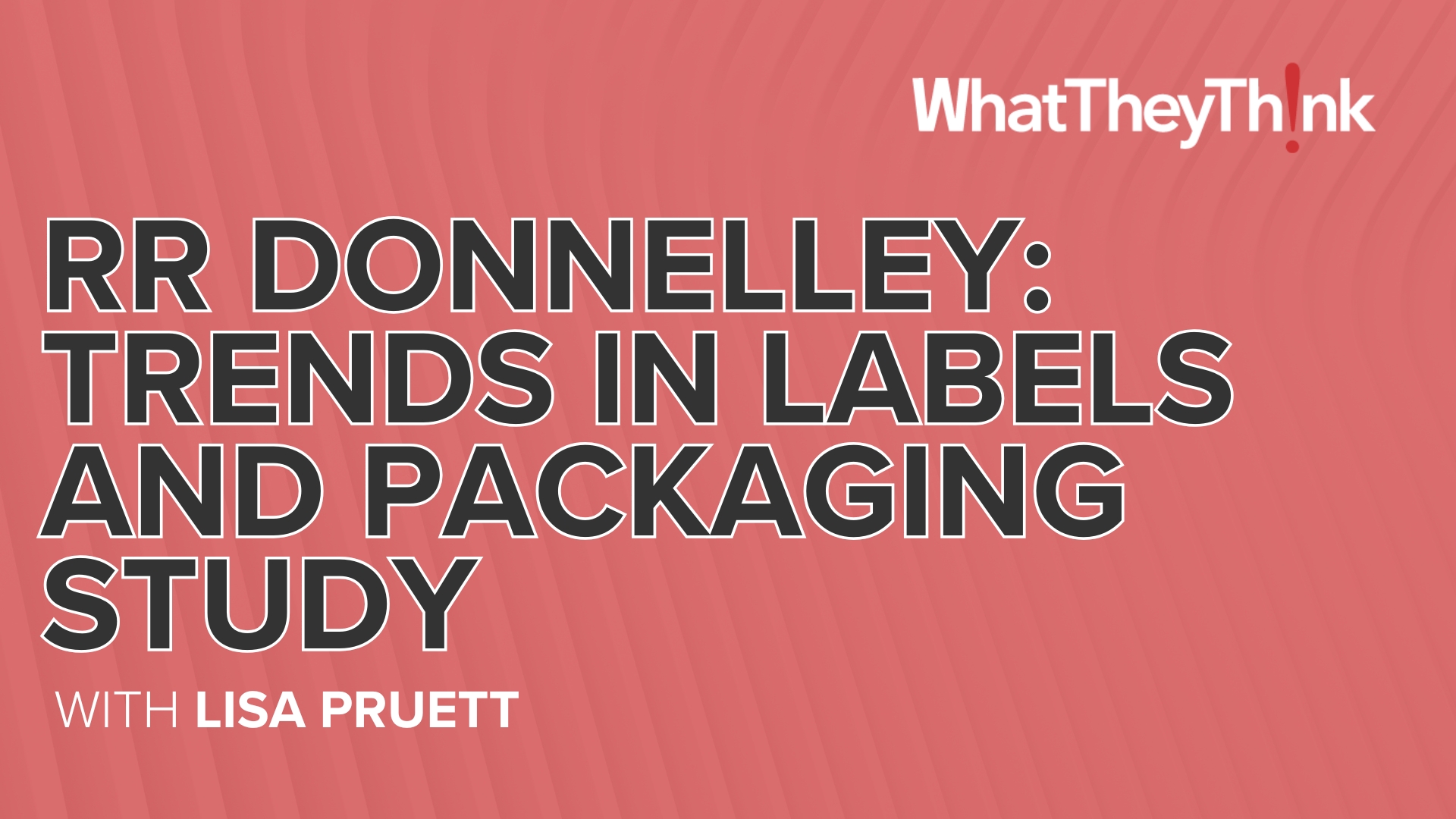An Industry First: BASF Is Expanding its Biopolymers Portfolio by Introducing Biomass-Balanced ecoflex (PBAT)
Press release from the issuing company
•New ecoflex ® F Blend C1200 BMB has 60% lower Product Carbon Footprint than the standard ecoflex ® grade
• Fossil-based feedstocks are replaced with renewable alternatives from waste-based feedstocks and attributed to the product via certified biomass balance (BMB) approach
• Drop-in solution: ecoflex ® BMB has the same properties, performance, machine processability and biodegradation certificates as the standard ecoflex ® grade
• Biomass-balanced ecoflex ® helps the packaging industry increase the use of renewable feedstock
BASF is now offering the packaging industry a way to increase the use of renewable feedstocks: It is expanding its portfolio of certified compostable biopolymers to include a biomass-balanced (BMB) ecoflex® , a polybutylene adipate terephthalate (PBAT) that is frequently used in the compounding of biopolymers. For the new ecoflex ® F Blend C1200 BMB, the fossil raw materials that are usually used in the production process are replaced with renewable feedstock at the beginning of the value chain. The renewable feedstock comes from waste and residual biomass and is attributed to the ecoflex ® grade via a mass balance approach which is certified according to REDcert 2 and ISCC PLUS (1). The biomass-balanced ecoflex ® not only contributes to reducing the use of fossil resources, but it also offers a 60% lower Product Carbon Footprint (PCF) (2) than the standard ecoflex ® F Blend C1200.
Certified compostable products based on PBAT compounds help create a circular economy by supporting the collection and recycling of organic waste. However, in the production of PBAT, it is not yet possible to fully avoid the usage of fossil resources. With ecoflex ® BMB, BASF closes this gap and offers a solution that is organically recyclable at the end of life: In addition, its fossil feedstock is completely replaced with renewable raw materials at the very beginning of the production process. BASF is thus taking another step towards closing the biological loop of circular economy.
ecoflex ® BMB enables customers in the packaging industry to contribute to the reduction of fossil resource consumption and differentiate their products without compromising on performance and quality, or the need for extra investment into new processing lines: The BASF PBAT is identical to the conventional grade in properties, quality, and certification. As a result, customers do not need to re-qualify their applications made of ecoflex ® BMB, reformulate the compounds or adapt their existing manufacturing processes: They can rely on the same performance to which they are accustomed and benefit from a drop-in solution. “As a pioneer of biopolymers, we are continuously striving to support our customers in the transition to a circular economy with renewable resources”, says Marcel Philipp Barth, head of global business management Biopolymers at BASF. “Our ecoflex ® BMB, an industry-first on the global biopolymers market, advances the sustainability efforts in the packaging industry by reducing the use of fossil resources, decreasing greenhouse gas emissions, and driving the use of renewable feedstock derived from organic waste and residual biomass. In this way, we help our customers make informed decisions about product design, thus shaping a more circular packaging value chain.”
Biomass balance approach
In the biomass balance approach, part of the fossil feedstocks in the first steps of the manufacturing process is replaced by waste-based renewable resources. The renewable amount is then attributed to specific products at the end of the manufacturing process by means of a third-party certified method: BASF has established a chain of custody from the renewable feedstock it uses through to the final product. An independent certification confirms that BASF has replaced the required quantities of fossil feedstock for the biomass balanced product that customers buy with renewable feedstock according to the REDcert 2 and ISCC PLUS requirements.
ecoflex ® – pioneered by BASF
Since its introduction in 1998, ecoflex ® is the first commercially available biodegradable and certified compostable biopolymer on the market. Biopolymer innovations based on ecoflex ® have opened up new end-of-life options for plastics that enable organics recycling and thus contribute to a circular economy. As a blend partner, ecoflex ® provides the certified compostable BASF compound ecovio ® with special material properties such as flexibility and toughness. Studies have shown the advantages of ecovio ® for production, packaging, and shelf life of food as well as for the collection of food waste. These advantages are based on the material’s properties, including its certifications for biodegradability in commercial and home composting as well as in agricultural soil: Food waste is reduced and at the end of life, ecoflex ® and ecovio ® support the collection of food waste ensuring that nutrients are returned to the soil by high-quality compost. This contributes to a circular economy by closing the nutrient cycle via organics recycling.
- Questions to ask about inkjet for corrugated packaging
- Can Chinese OEMs challenge Western manufacturers?
- The #1 Question When Selling Inkjet
- Integrator perspective on Konica Minolta printheads
- Surfing the Waves of Inkjet
- Kyocera Nixka talks inkjet integration trends
- B2B Customer Tours
- Keeping Inkjet Tickled Pink
© 2024 WhatTheyThink. All Rights Reserved.














